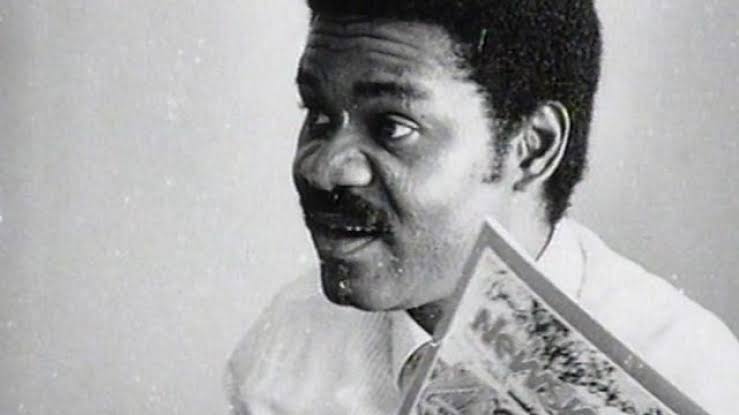- Nigerian journalist, Dele Giwa was born
- 10 Killed in Fresh Attack on Kaduna Community
- Rural Electrification Agency was established
According to Maya Angelou, history can not be unlived despite its wrenching pain but if faced with courage, need not be lived again.
History is comparable to a person’s favorite food. As we consume more, the desire and urge grow.
While we consider historical occurrences that have either hurt or restored our nation, we must be actively motivated by the stories of each day.
In an effort to increase awareness for educational purposes, WITHIN NIGERIA has highlighted four key events that happened on March 16 in Nigerian history.
Nigerian journalist and activist, Dele Giwa was born
On this date, 16th of March in 1947, Sumonu Oladele “Baines” Giwa was born to a family working in the palace of Oba Adesoji Aderemi, the Ooni of Ife. He attended local Authority Modern School in Lagere, Ile-lfe.
When his father moved to Oduduwa College, Ile-Ife as a laundry man, he gained admission to that school. Dele Giwa travelled to the USA for his higher education, earning a BA in English from Brooklyn College in 1977 and enrolled for a Graduate program at Fordham University.
He worked for The New York Times as a news assistant for four years after which he relocated to Nigeria to work with Daily Times.
Dele Giwa and fellow journalists Ray Ekpu, Dan Agbese and Yakubu Mohammed founded Newswatch in 1984, and the first edition was distributed on January 28, 1985.
A 1989 description of the magazine said it “changed the format of print journalism in Nigeria [and] introduced bold, investigative formats to news reporting in Nigeria”.
However, in the first few months of the administration of General Ibrahim Babangida, who took power in August 1985. It printed his face on the cover four times and even criticised “anyone who attempted to make life unpleasant for Babangida”. Later, the paper took a more hostile view of the Babangida regime.
Dele Giwa was killed by a parcel bomb in his home at Ikeja, Lagos, while in his study with Kayode Soyinka, on Sunday October 19, 1986. The assassination occurred two days after he had been interviewed by State Security Service (SSS) officials.
10 Killed in Fresh Attack on Kaduna Community
On this date, 16th of March in 2019, gunmen suspected to be Fulani herdsmen attacked Nandu -Gbok village in Sanga Local Government Area of Kaduna state, killing 10 people.
About 30 houses were also reported to have been burnt down by the bandits. Similar attacks on many communities in Kajuru Local Government Area of the state in the past one week had claimed over 100 lives, with hundreds of the people displaced. Sources said the attack on Nandu -Gbok, occured at about 4:00am on Saturday when the gunmen, laid siege to the community.
According to sources, the bandits who were in large number and armed with guns, machetes and sticks, started shooting sporadically on arrival in the community.
“We were woken up by heavy gunshots, there was confusion, everybody was running to the bush. They set houses ablaze. Ten people were killed, some people were burnt to death, many others were injured, some people are still missing,” a source said in a telephone interview.
Rural Electrification Agency was established
On this date, 16th of March in 2006, the Rural Electrification Agency was set up by Section 88 of the Electric Power Sector Reform Act 2005, and the Board and Management of the Agency were inaugurated on March 16, 2006.
The agency has been responsible for implementing the Federal Government of Nigeria’s commitment to aggressive rural electrification as expressed in the following policy documents:
The National Energy Policy
The Electric Power Sector Reform Act 2005
Rural Electrification Strategy and Implementation Plan (RESIP)
